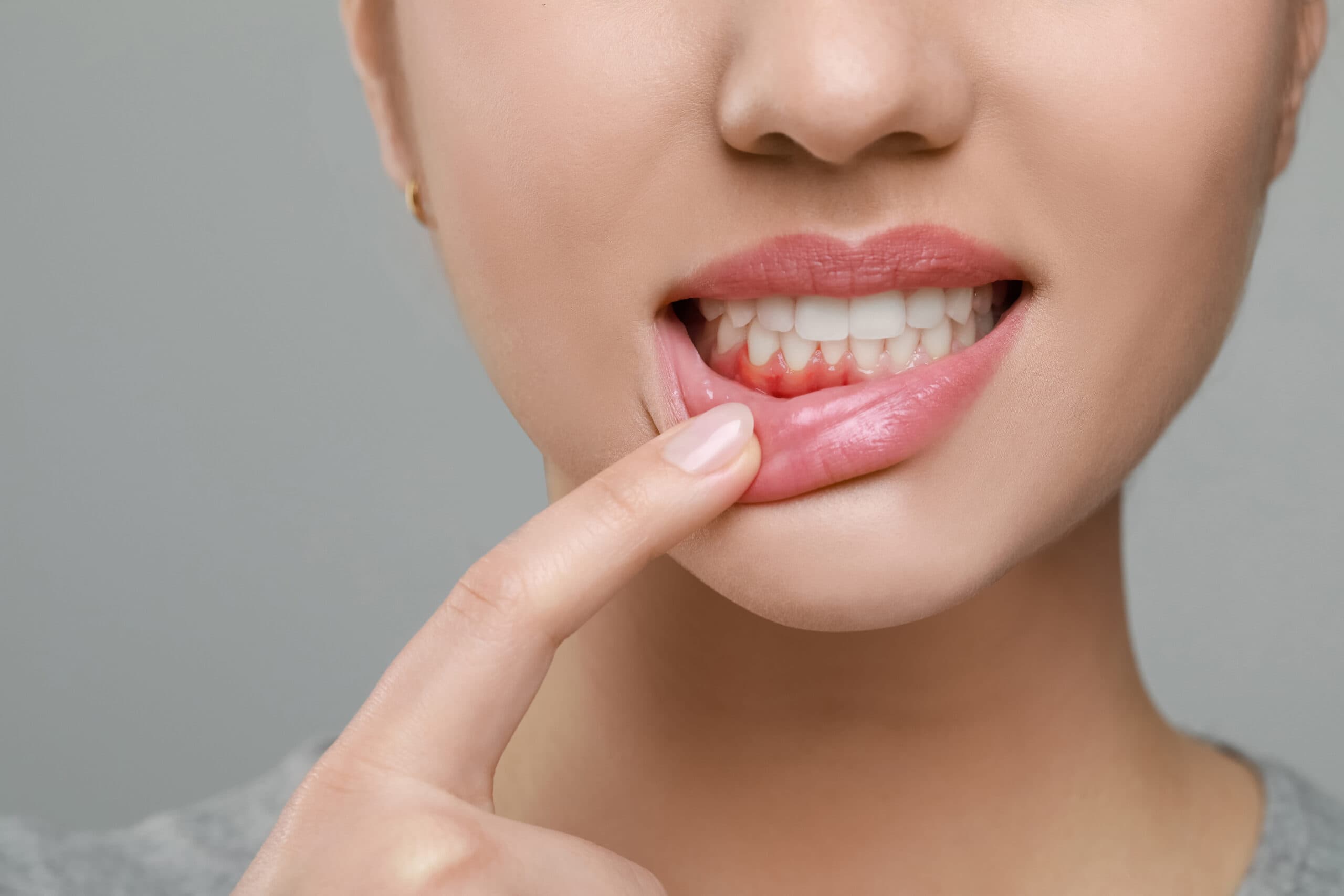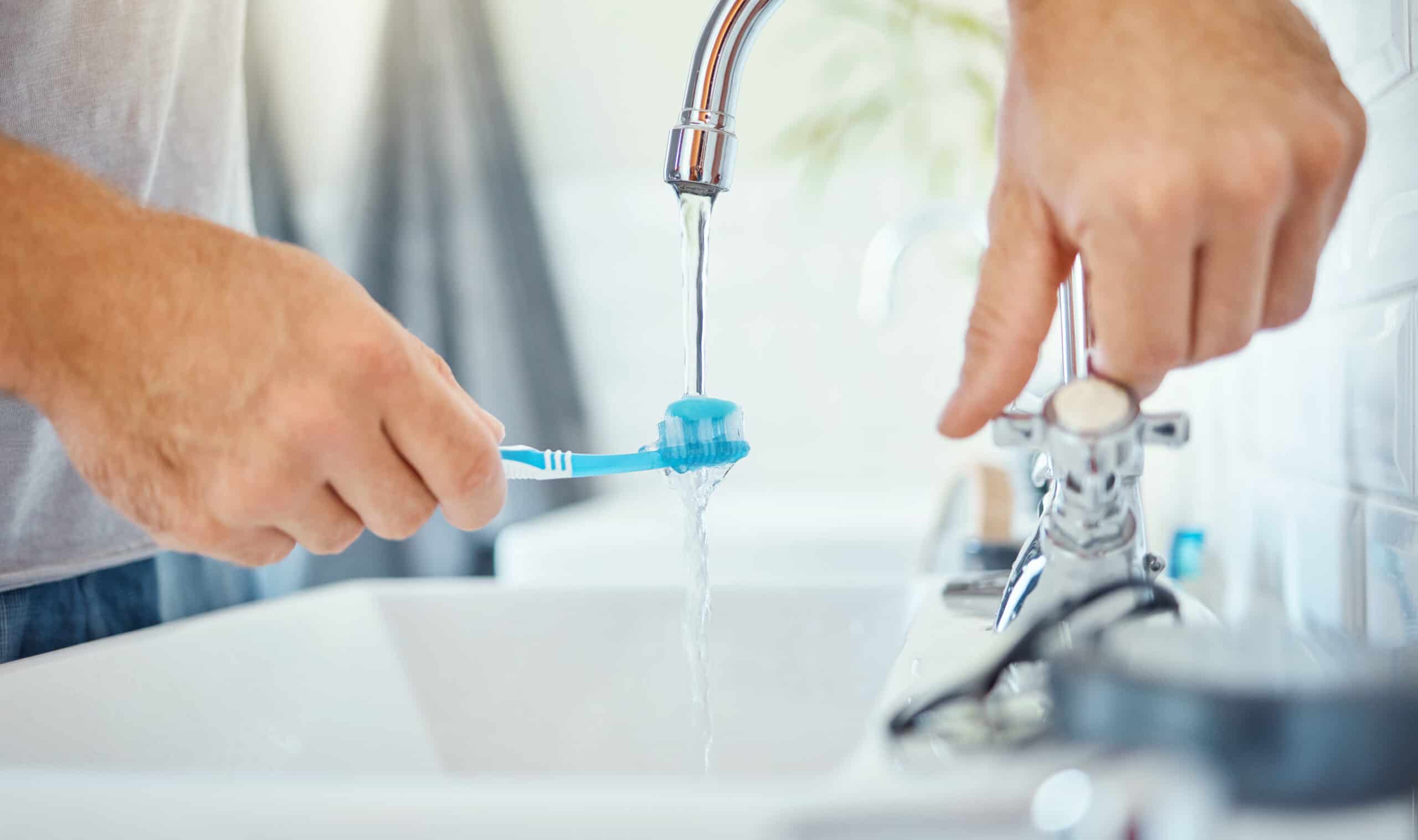Fear of the dentist is not uncommon. There are as many reasons for the phobia as there are people. For some, the anxiety may be a bad dental exam in the past, for others, it could be that it’s been a long time since the last appointment and they’re scared of what the dentist might say. Whatever the case may be, there are ways to alleviate the fears, or at the very least, lessen the tension you may feel before and during your next oral exam.
Tips for Dealing with Dental Fears
- Do your homework. Not all dentists are the same. Read Google reviews and ask your friends and family about who they recommend. A reputable practice will have excellent referrals by both word of mouth and on the internet. Visit dental practice websites to see what kind of services they offer. Do they have experience dealing with patients who have anxiety and fear issues?
- Work on relaxing. This goes for anything in life. In general, learning how to breathe and relax in stressful situations will reduce your anxiety level. Maybe this is an opportune time to take up a meditation practice. There are meditation apps out there you can start using ahead of your appointment, and during your procedure. Just bring along your phone and some noise-canceling earphones.
- Be honest. Talk to your dentist. This won’t be the first conversation they’ve had about dentophobia (or the last!). Let them know about your fear – why you have it, how long you’ve had it, and how it’s affected your dental care. The more information they have, the more successful your appointment will be.
- Don’t go alone. We all need a little help from our friends. Ask someone to go with you. Because even if it’s only to drive you to the dentist’s office, it’s one less thing you have to worry about the day of your appointment.
- Know the equipment. Ask your dentist about the tools they use. That unfamiliar tray of sharp and shiny implements is enough to strike fear in the heart of many if you don’t know what they do.
- Develop a system. You should be able to communicate with your dentist even when they are working in your mouth. Agree on nonverbal communication signs so that if you need to stop you can quickly make it known.
- Take breaks. Even if it makes the appointment take a little longer, ask if you can take breaks at any time during the process. Any good dentist will understand the need to calm your nerves and regain your composure.
If your biggest concern is that it’s been awhile since your last appointment, don’t let that keep you from scheduling a cleaning. The longer you go in between checkups, the more severe potential problems can be. Oral hygiene is about more than brushing and flossing, and dentists and hygienists aren’t there to judge you. Their job is to treat you with respect and provide you with the best possible care.





